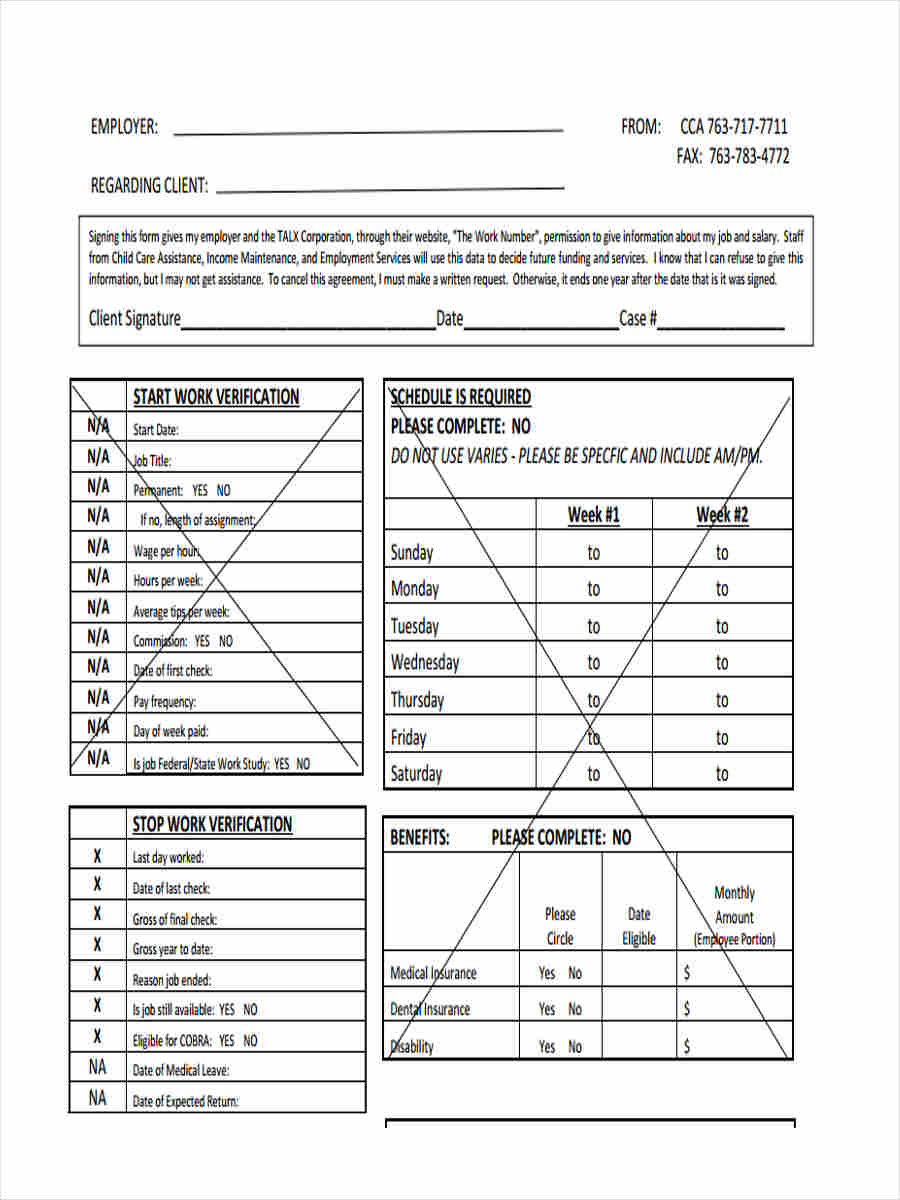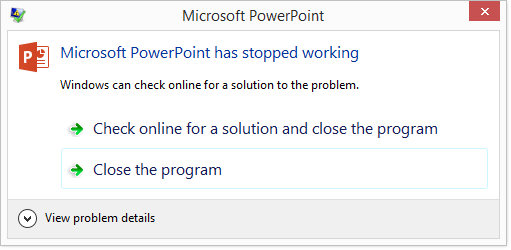

In general, you should not record conversations that you are not a part of, and such an “eavesdropping” recording would violate even laws like New York’s “single-party consent” law. For these reasons, you should get legal advice before recording others without their permission. In addition, taking video of others introduces further potential legal issues. § 2511) also may prohibit a recording if the recording is being made in a private place where the other people in the conversation have a reasonable expectation to privacy. For this reason, people must be especially careful about recording phone calls, because even if you are sitting in New York on a call, if the other people on the call are in different states with “two-party consent” laws, you might violate those other state laws.

272, § 99) have laws that require that everyone in a conversation give consent to legally allow recording. §§ 5703-04), Florida ( Florida Security of Communications Act, Florida Statute § 934.03), and Massachusetts ( Mass.

#RECORDIT STOP WORKING CODE#
Penal Code § 632), Pennsylvania ( Pennsylvania Wiretapping and Electronic Surveillance Control Act, 18 Pa. However, not all states have a “single-party” law like New York’s, and you can violate wiretapping laws in some other states if you do not get permission from everyone who is part of the conversation (these laws are sometimes called “two-party consent” laws, though they require the consent of everyone who is being recorded). For example, New York is a “single-party consent” state, meaning that in New York you can record conversations in which you are participating without asking the other people in the conversation for permission. Most states have wiretapping laws that set rules about whether people need the permission of others to legally record them. Do You Need Everyone’s Permission to Record? Maybe-Wiretapping Laws Vary By Stateĭo not simply record every conversation or meeting that you have at work, even if you believe that a lot of your interactions are subtly tinged with hostility. But, what are the advantages and disadvantages of recording co-workers or managers? Are there possible legal issues? Is having a recording the best possible evidence to prove harassment? The answers to these questions are not as simple as they might seem, and will depend very much on your unique circumstances. If you are experiencing sexual harassment, discrimination or retaliation at work, it can be tempting to try to catch a harasser in the act by secretly recording the misconduct using a cell phone or other device.


 0 kommentar(er)
0 kommentar(er)
